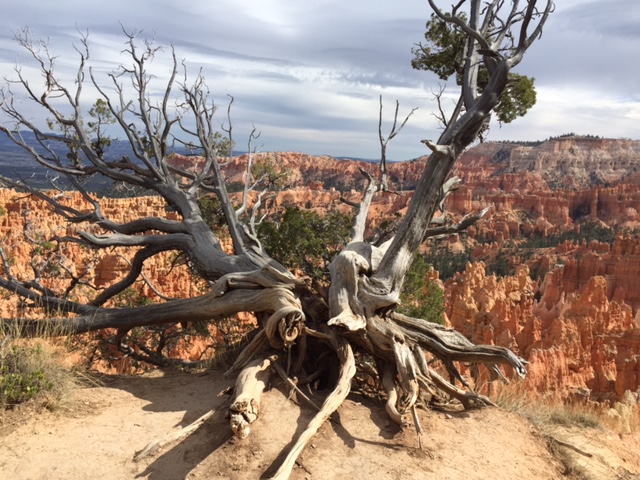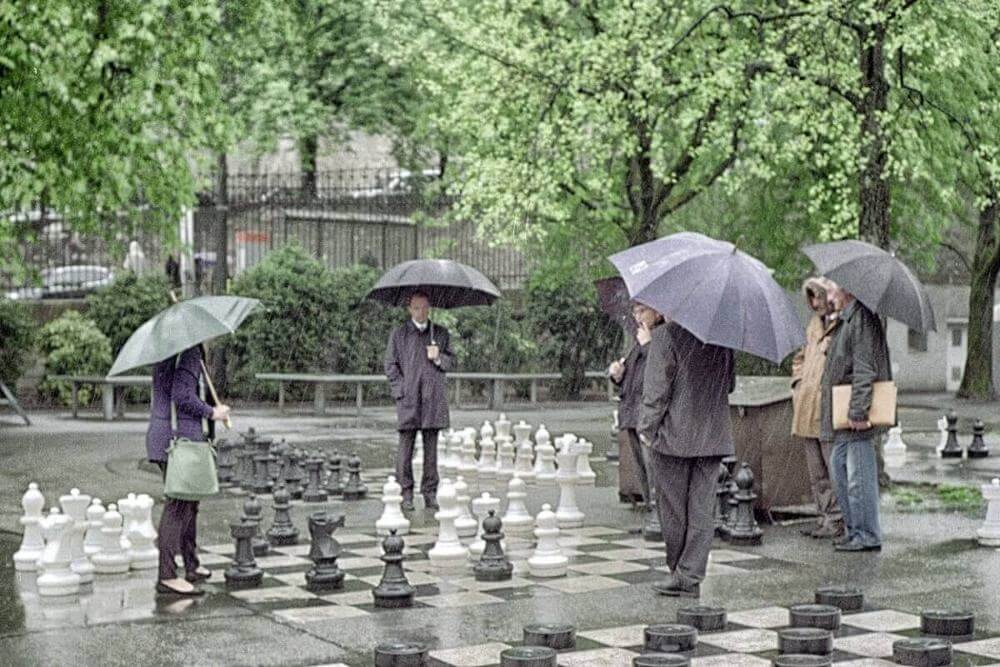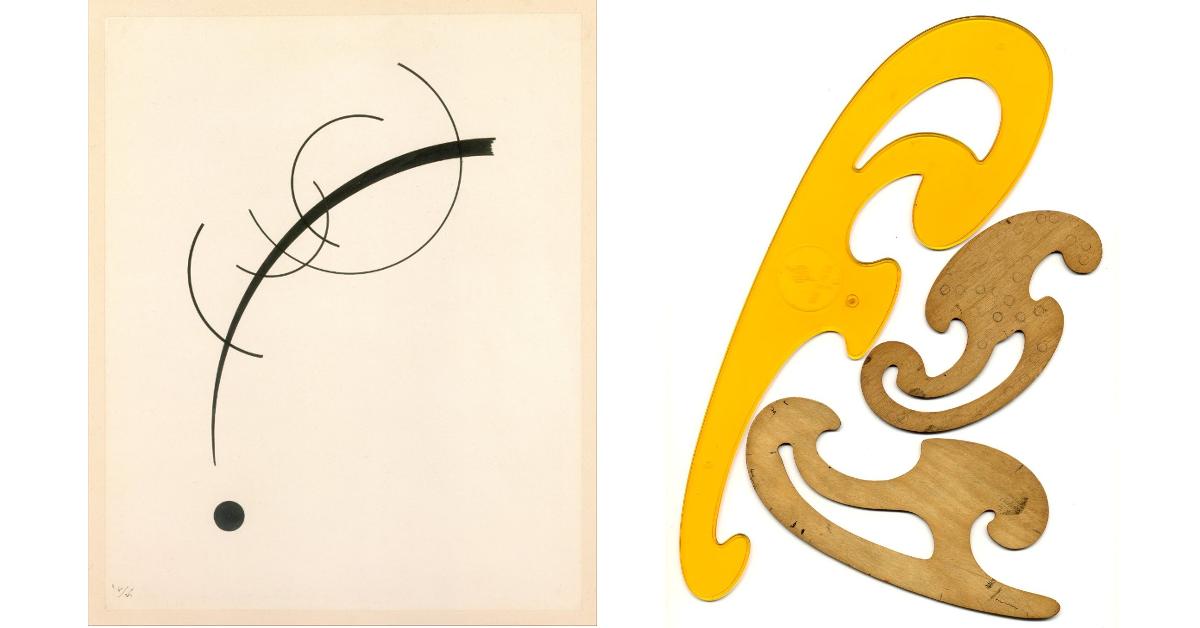“Without reflection, we go blindly on our way, creating more unintended consequences, and failing to achieve anything useful.” Margaret Wheatley
“By three methods, we may learn wisdom: first, by reflection, which noblest; second, by imitation, which is easiest; and third, by experience, which is the bitterest.” Confucius
“Research is formalized curiosity. It is poking and prying with a purpose.” Zora Neale Hurston
“It is a good morning exercise for a research scientist to discard a pet hypothesis every day before breakfast. It keeps him (or her) young.” Konrad Lorenz
Let me share an experience with you that may have profound implications for our lives. Yes, this post will also contain content, but the experience may be far more important.
Imagine a couple of old psychologists, approaching 80, sitting at a bar, drinking a beer, and discussing the implications of AI in our lives. Clearly, it’s not something you could have possibly imagined a few years ago. First, ChatGPT or Gemini didn’t even exist two years ago; and second, advanced technology is not something two soon-to-be old men would likely be talking about.
In this case, I was sharing with Steve (a good friend and loyal supporter of my blog) that I was thinking about a new post concerning the importance of research and reflection in our lives. I was sharing with him how I had used AI for my last post on taxes to make sure I had not missed any critical points in making my case. Steve asked me if I had asked either Gemini or ChatGPT which question to pose in order to get the best possible answer. Hmm, I said, “I never gave it a thought.”
As soon as I got home, I went to Gemini and asked, “What question should I ask to get the best possible answer about the importance of research and reflection for finding meaning in our lives?” In two seconds, Gemini gave me five possible questions that might generate the most relevant answers. I chose the open-ended question and a provocative question that Gemini suggested and posed them separately to Gemini. What it cranked out in less than 5 seconds blew my mind. While the experience was both humbling and dispiriting (I couldn’t imagine producing anything better), both essays inspired me to run the content through my own prism in order to create a product that not only improved on what Gemini produced, but also exceeded what I would have been able to create without the content assist.
So, let’s turn now to the content. Then, you can decide if this post is qualitatively better than other posts I have written, assuming, of course, that you have read previous posts.
After reading several articles in the NYT a few days ago that raised my anxieties about the 2024 election, I came to the conclusion that a large percentage of our population is hopelessly uninformed or misinformed. Otherwise, given all of the revelations about his cheating, lying, obstructing, interfering, insurrecting, and defrauding, how could someone like Trump even be a possibility. My original idea was that too many Americans are dangerously deficient in research and reflection. We don’t seem to be universally driven to discover the truth or to genuinely search for meaning in our lives.
So, I did some research to substantiate that idea. I learned that only 21 million people read the news (print and digital) every day, and it’s declining by about 10% per year. Since there are about 260 million adults over the age of 18 in the U.S., that means only 8 percent of adults are regularly staying current with what’s happening in the world through the news media. To make matters worse, I found that the average time of engagement is less than 2 minutes, and it is also declining.
Having verified my assumption that there is far too little research and reflection going on, I combined and edited the two essays produced by my friend Gemini. Here’s the end result.
Research and reflection are stepping stones on the path to a meaningful life. In order to weave a life rich in purpose, we not only need to reach out to gather knowledge and experience, but we also need to dig deeply within ourselves to process and learn. The combination of inquiry and contemplation leads to a life imbued with meaning.
Research fuels the fire of curiosity. As Zora Neale Hurston says, “Research is formalized curiosity. It is poking and prying with a purpose.” Whether we are delving into scientific studies, exploring philosophical treatises, or engaging in open-minded, open-hearted conversations, we are embarking on intellectual journeys that broaden our understanding of the world and ourselves. This pursuit also sparks additional questions, ignites a deeper desire to engage with the complexities of life, and allows us to connect with diverse perspectives. Perhaps most importantly, the journey into openness enables us to challenge assumptions that may limit our view of the world or, even worse, distort the truth. Konrad Lorenz, a Nobel Prize winning scientist, said it well: “It is a good morning exercise for a research scientist to discard a pet hypothesis every day before breakfast. It keeps him (or her) young.”
Knowledge alone, however, does not equate to meaning. It is through reflection that we transform information into personal wisdom. Taking the time to ponder experiences, analyze choices, and contemplate emotions enables us to glean valuable insights. We begin to understand more deeply and clearly our values, strengths, vulnerabilities, and aspirations. Reflection enables us to learn from mistakes, own our roles in problems, celebrate successes, and identify areas for personal growth. Reflection fosters empathy and encourages us to connect with others.
The synergy between research and reflection takes us beyond mere existence and propels us towards a life of purpose. These two skills combine exploration and introspection in ways that enrich every aspect of life. Research provides the knowledge, tools, and perspectives; reflection shapes them into a meaningful compass. By combining research and reflection, we are able to utilize the knowledge gained to make informed decisions, pursue interests aligned with our values, and contribute meaningfully to our communities. Research and reflection empower us to take charge of our own lives instead of living as passive observers. This interdependent relationship fosters deeper understanding, cultivates creativity, fuels imagination, and bolsters our courage to challenge conventions and assumptions.
The journey towards a meaningful life is a continuous dance between exploring and reflecting. Creating a balance between the two, however, poses the biggest challenge. In today’s fast-paced world, in which we are constantly targeted by social media algorithms, it’s easy to get caught in the “doing” trap—constantly accumulating experiences and knowledge without taking the time to process, learn, and evolve. Here are some steps you may want to consider to improve your dance:
- Take time to contemplate after you have consumed a large amount of knowledge.
- Notice how the culture in which you live, learn, and work is impacting your behavior.
- Assess your level of addiction to technology.
- Reflect on your goals, roadblocks, and strengths.
- Take time to process emotions.
- Identify your personal vision, values, and areas for growth.
- Aim for a dynamic interplay between active exploration and mindful introspection.
- Seek different perspectives.
- Schedule reflection time.
- Integrate mindfulness exercises into your day to increase self-awareness and present-moment focus.
While content is important, it’s experiences that really change our lives. My experience with Steve and with AI changed the way I approach writing. Steve also shared a new technology that reduces the dangers of AI hallucinations. He introduced me to Perplexity.ai, which enables you to find sources for all the ideas contained in a text. Remember, we are almost 80. Can you believe we are talking about AI hallucinations and using technology to enhance our writing? That’s what can happen when you incorporate research and reflection in your life.
In closing, let me add to what Margaret Wheatley said in the opening quote: “Without reflection, we go blindly on our way, creating more unintended consequences, and failing to achieve anything useful.” While I totally agree with her point on reflection, I would simply add: Without research, we are blind to the truth. Without reflection, we are blind to meaning.
I’m hoping Steve and I will continue to have a beer every now and then and share our research and reflections with each other. I’m hoping we all value experiences more than content. I’m also hoping that all of us will open our hearts and minds to more rigorous research and more revealing reflection. Finally, I’m hoping we will do enough research to reveal the truth about Trump and to do enough reflection to find a meaningful way to move forward. May it be so.
Also published on Medium.




With a nod to the many high-minded tropes that can be strung together by machines now on this topic, how about asking:
What will be good to say and write and how, and where to post or share, to induce a far greater number of Americans than watch “the news” to research and reflect?
And given the mounting evidence that the traditional mainstream news sources are as “captured” by monied interests as are the institutions of government and once esteemed regulatory agencies, as catalogued by one very well informed public figure who carefully references his statements to sources accumulated through research, RFKJr, which alternative sources will be most valuable to petition as vehicles for spreading this word on “R&R” as you are updating it?
In fact, how about making a point of raising these or related questions for all your future posts:
What to say and how and where to post and share to impart your latest value-laden content so that the communication of it stands a chance of making a real difference for a wider audience than your loyal blog post readers?
Love, from one of your other almost 80 blood and soul brothers with a PhD in psychology.
Artie Vipperla
HarmonizeAllofYouwithAll.com
Thank you Ricky!